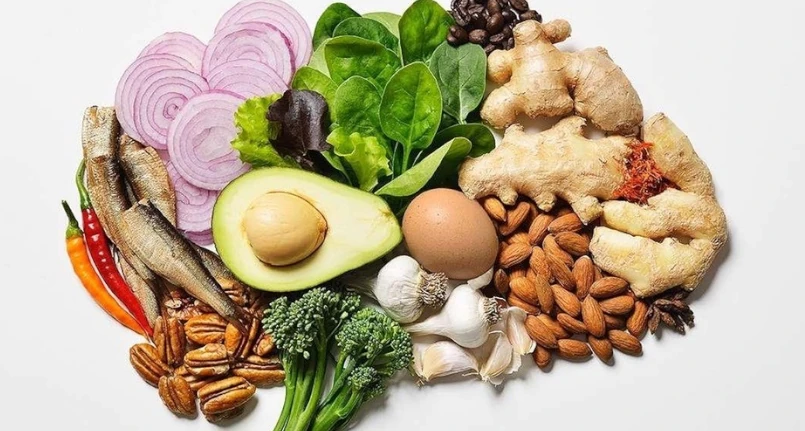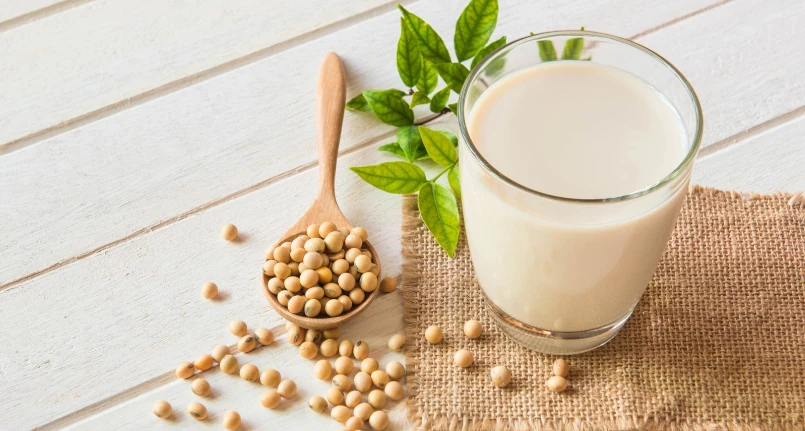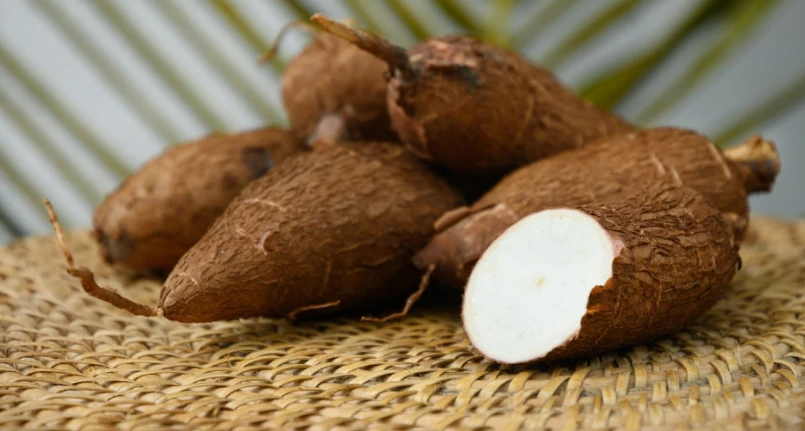Cognitive functions: foods that feed the mind
Food is not only a source of nourishment, energy and support for the body. Some foods have remarkable ability to act, as well as in physical support, also as a protection of cognitive functions.
Having an appropriate diet , which stimulates brain capacity, will allow you to maximize results in case of study, exams, at work. This is because the levels of concentration and mental clarity will significantly increase. Putting the right foods on your plate allows you to obtain all the nutrients necessary for cognitive health .
Furthermore, in the over 60s, an afternoon nap would also be very useful
Free radicals are also important in the grafting and progression phase of Alzheimer’s, of which another study has identified the brain mechanisms that make it possible to resist neurodegeneration.
Cognitive functions: low-calorie foods and antioxidants
- Varied and balanced diet
- Low-calorie foods
- Foods rich in antioxidants
Generally speaking, in addition to the individual foods that most of all contribute to the improvement of cognitive functions, it is useful to follow some simple guidelines: have a varied and balanced diet, prefer foods with a reduced calorie content and rich in antioxidants . Reducing calorie content protects the brain from oxidative damage. The brain is particularly exposed to oxidative damage due to its high metabolic activity. Several antioxidant foods have positive effects on neural function , they promote learning and memory performance and are able to improve cognitive functions, protecting the brain from free radicals and lipid peroxidation.
Cognitive functions: the seven foods that protect the brain
- Whole grains
- Tomatoes
- Cabbages
- Blueberries
- Egg
- Nuts and seeds
- Blue fish
Whole grains
Being able to stay focused and energetic all day is not easy.
In choosing carbohydrates, then, it is necessary to find the right amount of energy to introduce to keep the mind active.
Energy arrives in the brain in the form of blood glucose , which must be released slowly to avoid blood sugar spikes which, on the contrary, would significantly reduce the level of mental concentration.
It is advisable to always choose unrefined whole grains , starting in the morning, preferring complete and nutritious breakfast cereals (based, for example, on rice , wheat , barley ).
Afterwards, of course, the other two main meals must be taken into account, such as lunch and dinner, in which whole cereals, their flours and low glycemic index derivatives – which slowly release glucose into the blood – must not be missing. We are talking about: pasta, bread, polenta and whole seeds (oats, spelt, etc.).
Note : let’s not forget that foods rich in fiber can help facilitate weight loss and are beneficial for intestinal health .
Tomatoes
In salads, as pulp or puree for gravy: tomatoes are powerful antioxidants that help protect the brain from damage caused by free radicals. The beneficial effect of lycopene , a powerful antioxidant hydrocarbon found in tomatoes , helps protect brain cells by preventing dementia , particularly Alzheimer’s.
Cabbages
Cauliflower , savoy cabbage, cabbage , Romanesco, black cabbage , broccoli , Brussels sprouts are seasonal vegetables that are precious for cognitive functions, as well as for strengthening the immune system . The vegetables belonging to the Brassicaceae family are rich in vitamin K and glucosinolates , capable of maintaining high concentrations of neurotransmitters such as acetylcholine , supporting the correct functioning of the central nervous system and strengthening memory.
Blueberries
Berries are a panacea for memory and cognitive functions. Blueberries and, in general, dark red and purple fruits and vegetables – black grapes , cherries , strawberries , raspberries , blackberries , but also beets – improve the blood supply to the cerebral cortex and the activation of memory-related areas.
Egg
Eggs help support cognitive function because they help delay brain atrophy . The merit is of the vitamins of group B , B6 , B12 and folic acid , able to reduce the levels of homocysteine in the blood . High levels of homocysteine are associated with an increased risk of stroke and a greater likelihood of the onset of Alzheimer’s, therefore of cognitive deterioration.
Nuts and seeds
Vitamin E prevents cognitive decline and supports brain activity . A good supply of this vitamin is provided by oilseeds and dried fruit . Walnuts , for example , are a great source of vitamin E along with other oil fruits, such as almonds , cashews , pecans , Brazil nuts , and hazelnuts . Even the seeds, ideal to add to salads and soups, or in bread dough , are rich in them: sesame seeds, flax and sunflower .
Blue fish
Omega 3 fats are considered essential nutrients in the prevention of several diseases, including the risk of dementia, Alzheimer’s disease and memory loss. Essential fatty acids , as is known, are not produced by the body, but must be integrated with the diet. The most effective omega-3 fats are found in abundance in oily fish in the form of EPA and DHA . These fats are essential for the heart and brain, supporting brain , heart and joint function . Not only that, omega 3 fats help to manage stress . The following must never be lacking in the diet: salmon , tuna , salmon trout , mackerel , herring and sardines . For those who follow a vegetarian or vegan diet, they can be found in flax or chia seeds and dried fruit.




